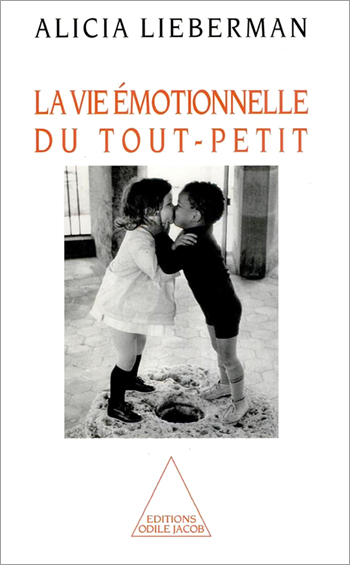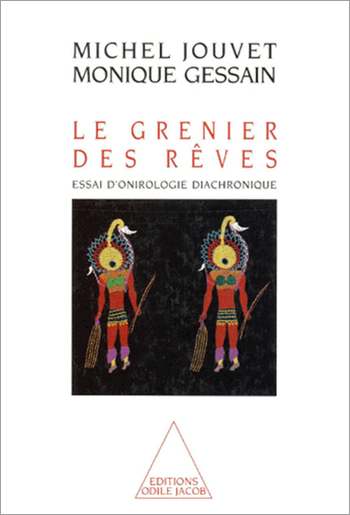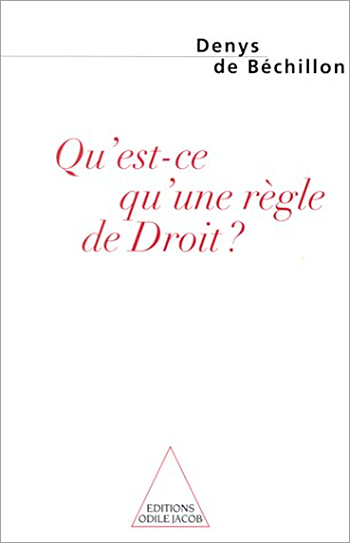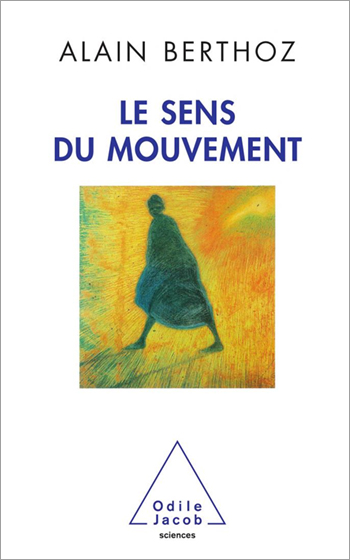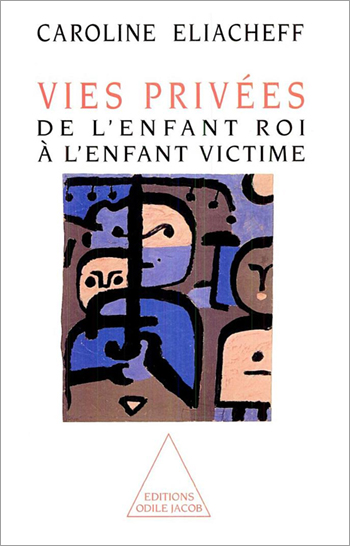Catalog All books
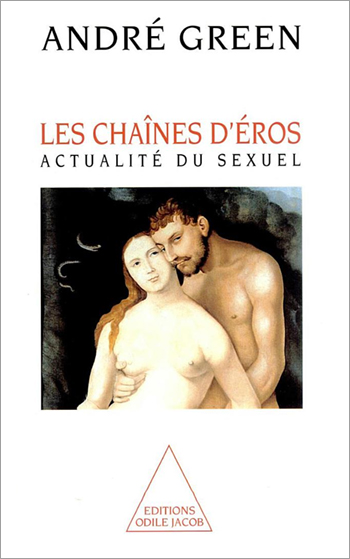
André Green
The Chain of Eros
Sexuality is no longer what it was when Freud elaborated his theory of its psychic functioning. His successors have either given it less importance or a completely different status. André Green has undertaken in this book a real re-founding. Sexuality, seen from a psychoanalistic point of view, is what he calls "an erotic chain", organized according to different steps (impulse, desire, fantasies, erotic language, etc.). For him, the importance it is not so much to consider each of these steps separately but to specify at which link of the chain the analyst himself stands. André Green, is a psychoanalyst and a psychiatrist.
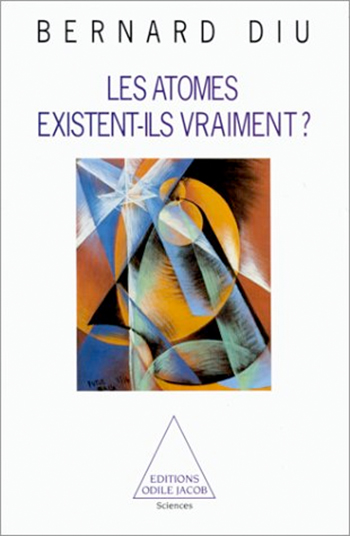
Bernard Diu
Do atoms really exist ?
Few scientific notions have aroused the speculative imagination like the thermodynamic entropy. All organised systems - societies, living creatures - are destined without exception to decline and eventual death. This book clearly exposes the historical and conceptual development of thermodynamics. Born from a desire to understand and master steam powered machines - the symbol of our industrialised societies - it became the science of the human body. However, it was suddenly passed over in favour of the theory of atoms. It was thus demolished by statistical mechanics which ceded to the imperatives dictated by the atomical structure of the body. After an epic struggle, sometimes quite ferocious, thermodynamics and statistical mechanics have been reconciled by adopting the base of the second with the techniques of the first. This book reads like a novel about contemporary physics. Bernard Diu, a graduate of the Ecole Normale Supérieur, is a professor at the University of Paris VII.
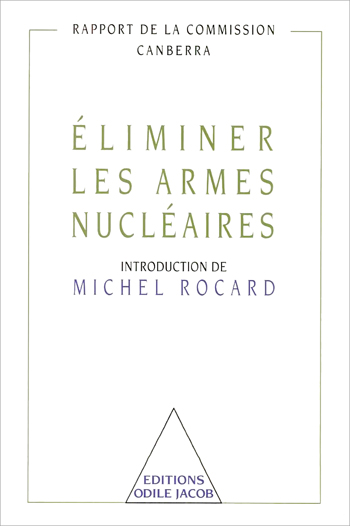
Commission Canberra
Eliminating Nuclear Arms
"Legally, politically and strategically nuclear arms have been reduced to a tiny number of marginal hypotheses and will soon be mere anachronisms. They have lost their justification, their reason for being. But they continue to represent a danger for humanity : they could be used by accident or by mistake due to the mistaken interpretation of another country's attitude. We must therefore do everything in opur power to eliminate them once and for all." Michel Rocard
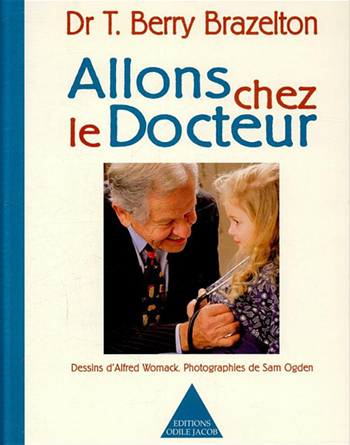
T. Berry Brazelton
Going to the Doctor
Written by one of the greatest American pediatriciens this book clearly explains to children the key moments of their medical visit. Through the choice of clear and interesting photographs, it awakens the natural curiosity of children, which is also raised by the often quite comical illustrations drawn by the author's nine year-old grandson. With this book, the former occasions of children's torments and parents' agony are transformed into a time of discovery and shared complicity. T. Berry Brazelton is an emerite professor at Harvard Medical School and has been a pediatricien for over forty years.
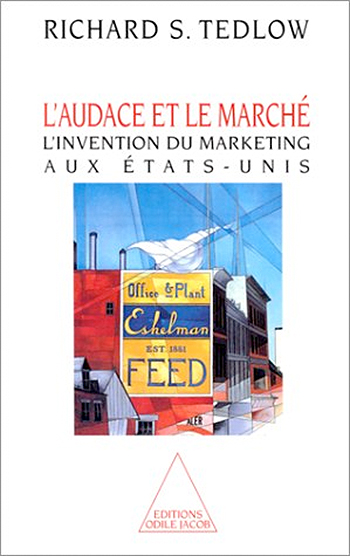
Richard S. Tedlow
Audacity and the Market The Invention of Marketing in the United States
What great commercial battles in the United States are at the origin of marketing ? What strategic choices, technologies and infrastuctures have made possible one of the great social and economic upheavals of the 20th century ? This book recounts the combats waged without mercy between Coca-Cola and Pepsi-Cola, and Ford and General Motors, and also the story of the pioneer manufacturers and distributors who created marketing, invented standardised products, international brands, the segmentation of markets, chains of shops and supermarkets... Richard Tedlow is a professor at Harvard Business School and has long been Editor-in-Chief of the famous Business History Review.
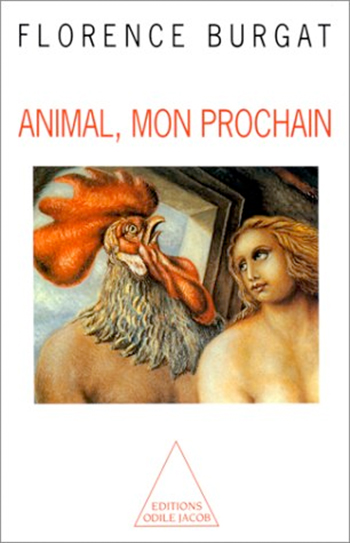
Florence Burgat
The Animal, My Relation
On one hand, men exploit, manipulate and slaughter animals. On the other hand, they let animals interfere with their lives, pollute them, and sometimes dominate them. Since the classical Age, Man has sought to define himself in his opposition to animals. Claiming for himself the most noble faculties - consciousness, thought, esthetic sense, morality - he represses his own animal side, notably his sexuality. But Florence Burgat goes beyond this negative statement. She walks in Jean-Jacques Rousseau's steps, claiming that men, like animals are sensitive beings, liable to suffer. On this basis, she proposes a new morality. Florence Burgat is a philosopher, and works at the Laboratory of Social Anthropology of the College of France.
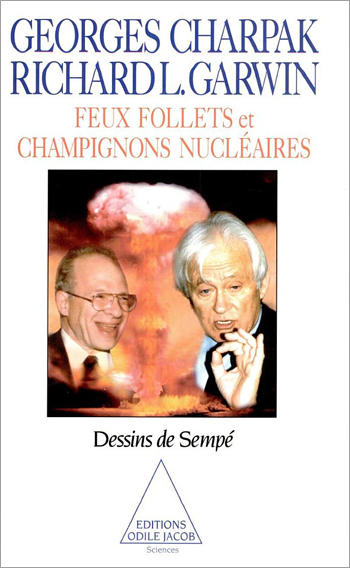
Georges Charpak, Richard L. Garwin
Power People and Nuclear Mushrooms
How can we control nuclear power ? This question has been preoccupying Georges Charpak and Richard Garwin for a long time. They here engage themselves in a thought-process concerning the stakes of nuclear power in civil society and the military. It is high time to see the issue clearly, and steering clear of sterile polemics, to denounce the true risks. This book describes in detail everything we need to know about the question : what is a chain reaction ? What exactly happened at Chernobyl ? What should be done with radioactive waste ? How are nuclear arms made and what would future war confrontations be like ? etc... Georges Charpak is a Nobel Prize winner in physics. Richard Garwin is a nuclear physicist.
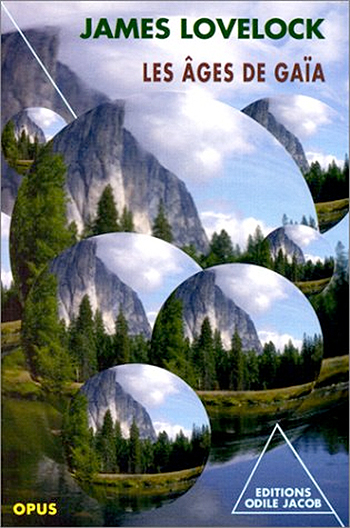
James Lovelock
The Ages of Gaia A Biography of Our Living Earth
The fascinating, controversial and most-worshipped hypothesis of ecologists - that of considering the Earth as the biggest living organism, referred to as Gaïa. It is here discussed by its inventor in person, who shows us that if our planet hasn't always had the same face, it's because there have been several ages corresponding to the predominance of very different species. In three centuries, humanity has wrought more modifications to the face of Gaïa than natural evolution did in millions of years. Although he does not doubt that the Earth, today turned completely upside-down by industrial activities, will find a new equilibrium, he does suppose that it could at the price of the disappearance of man, whose reign represents only one of the ages of Gaïa. Born in 1919, James Lovelock is the author of The Gaïa Hypothesis, a book which shook up the scientific world in the beginning of the seventies and met with great public acclaim.

Stanislas Dehaene
A Good Head for Maths
Did you know that babies can count? And did you know that some animals can do simple arithmetic? Whether we possess astounding mathematical talents or the most basic of counting skills, we are all born with numerical intuition. In this book, the author describes some amazing scientific experiments that demonstrate the mental foundations of numerical intuition. If you want to know why you cant remember how much 7 x 8 makes, or how a cerebral lesion can make you forget 3 - 1, or if you want to figure out the fifth root of 759,375, just follow the author in a series of tortuous mental calculations and you dont even have to be a mathematical wizard. Stanislas Dehaene is a senior research fellow at Inserm and works at the Laboratory of cognitive sciences and of psycholinguistics at the École des Hautes Études en Sciences Sociales.

